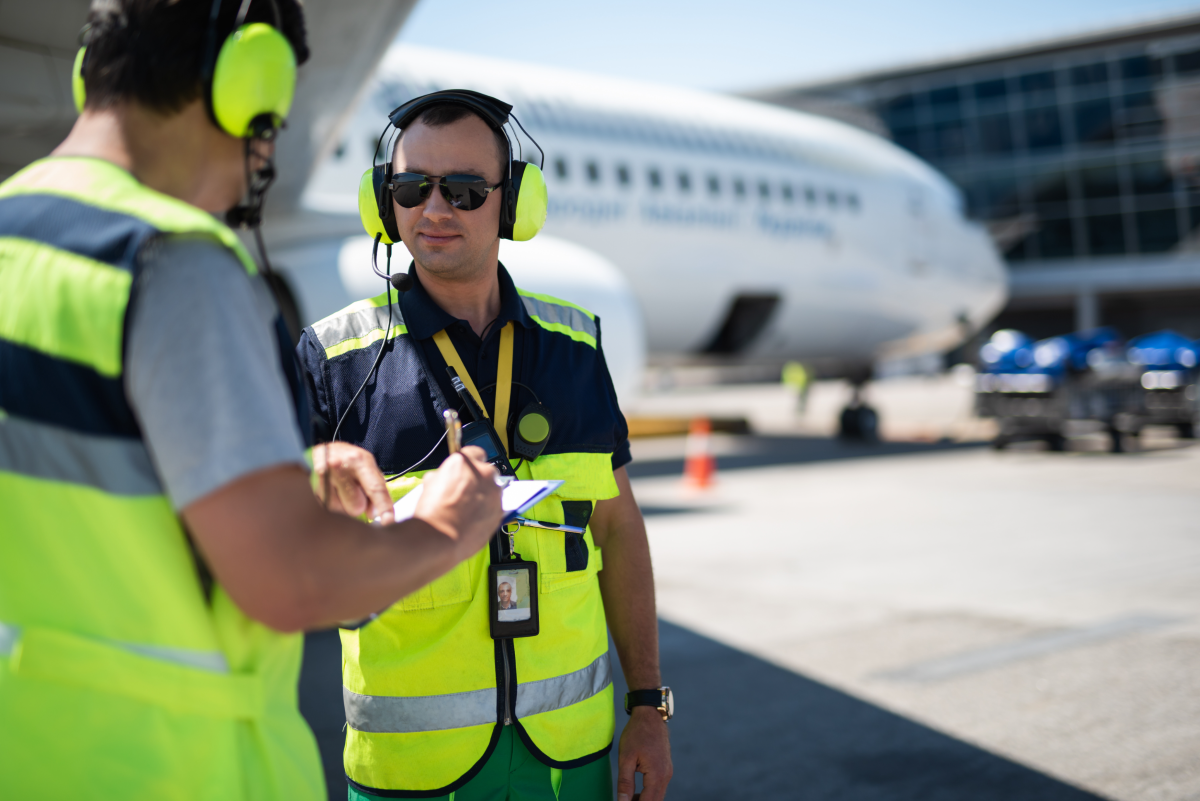Agile and Integrated procurement provides the key to cost-effective MRO
 Maintenance, Repair, and Operations (MRO) are crucial in the aviation industry. To ensure the safety and effectiveness of flights, the intricate machinery used in the aviation sector needs to be precisely and promptly maintained. However, it has been difficult to achieve cost-effective MRO in the aviation industry, so adopting agile and integrated procurement techniques can help the aviation sector achieve cost-effective MRO.
Maintenance, Repair, and Operations (MRO) are crucial in the aviation industry. To ensure the safety and effectiveness of flights, the intricate machinery used in the aviation sector needs to be precisely and promptly maintained. However, it has been difficult to achieve cost-effective MRO in the aviation industry, so adopting agile and integrated procurement techniques can help the aviation sector achieve cost-effective MRO.
Historically, the aviation industry has grappled with fragmented MRO procurement processes, limited access to spare parts, and a tendency to rely on long-established supplier relationships. While trust in suppliers is essential, it can sometimes lead to inefficiencies, inflated costs, and a lack of access to a diverse range of spare parts. Three insights can be gained from these experiences.
Achieving Balance through Comprehensive Information
Firstly, organizations must have access to numerous channels that offer up-to-the-minute information on the current availability of spare parts in various circumstances in order to achieve balance in aviation MRO. This realization highlights the requirement for a central system that collects data from diverse sources. Aviation MRO experts can swiftly determine which replacement parts are in stock, their condition, and their pricing using a single, unified dashboard using such a system. According to Toma Matutyte, CEO of Locatory, “Better decisions can be made because of this real-time visibility, which also reduces aircraft downtime and improves inventory control.”
Using an AI engine, easyJet, the airline, for example integrated Aerogility on top of its current MRO management and transactional systems. This allowed them to analyse their MRO data and make maintenance choices better and more quickly.
Easy Access for Enhanced Flexibility
Second, success in aviation depends on having quick access to MRO procurement resources. The quick-paced nature of the sector necessitates a streamlined procurement procedure. The adaptability of aircraft MRO teams is increased through agile procurement platforms with user-friendly interfaces, effective search tools, and smooth order processing. This translates into quicker response times, shorter lead times for purchasing spare components, and increased operational agility all around. Easy access equates to higher efficiency in a field where time is of the essence.
According to the 2020 In(Sight) Report from WorkMarket, 53% of workers believe automation may free up to 2 work hours per day (240 hours per year) and 78% of corporate executives believe it can free up to 3 work hours per day (360 hours per year).
Avoid Overpayment
Lastly, the aviation sector frequently has long-standing connections with reliable suppliers. While maintaining these partnerships is critical, it is also crucial to regularly assess the costs and quality of suppliers. The final insight emphasizes the possibility of overpaying while using just approved vendors. Periodically, aviation MROs must evaluate the market, compare costs, and look into alternative suppliers. Without sacrificing the calibre and safety of aviation operations, encouraging competition can result in significant cost reductions. “Aviation MROs should make sure they are getting the best value for their procurement budget by expanding their supplier base and encouraging competitive bidding,” explains Matutyte.
The Power of Agile & Integrated Procurement in Aviation
The aviation industry's struggles with cost-effective MRO can be overcome with the use of agile and integrated procurement strategies. The efficiency of MRO, cost savings, and overall competitiveness may all be improved for aviation firms by implementing a comprehensive strategy that takes into account these three insights. Professionals in aviation MRO can quickly make informed decisions thanks to integrated procurement solutions, which provide a single platform where information flows without interruption. These platforms also make it easier for teams and departments to work together, expediting the entire MRO process and promoting safer and more economical aircraft operations.
As a subsidiary of Avia Solutions Group, one of the world's largest ACMI providers, operating a fleet of 192 aircraft, operating in 68 countries worldwide Locatory will continue to deliver solutions to its valued clientele and further redefine industry standards in the competitive aviation landscape as MRO activities intensify and the industry continues its upward direction.
Cost-effective MRO in the aviation sector is not just necessary for safety and profitability but is also a goal. Aviation firms should make sure that their MRO operations are not only effective but also in accordance with the high standards of the sector by adopting agile and integrated procurement strategies that place a priority on thorough information, quick access, and cost-conscious supplier management. When it comes to achieving cost-effective MRO in aviation, the sky is the limit, and agile procurement is the game plan to get there.
